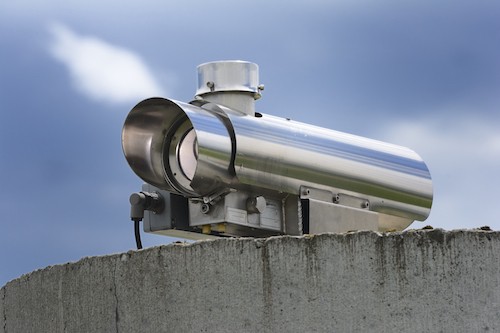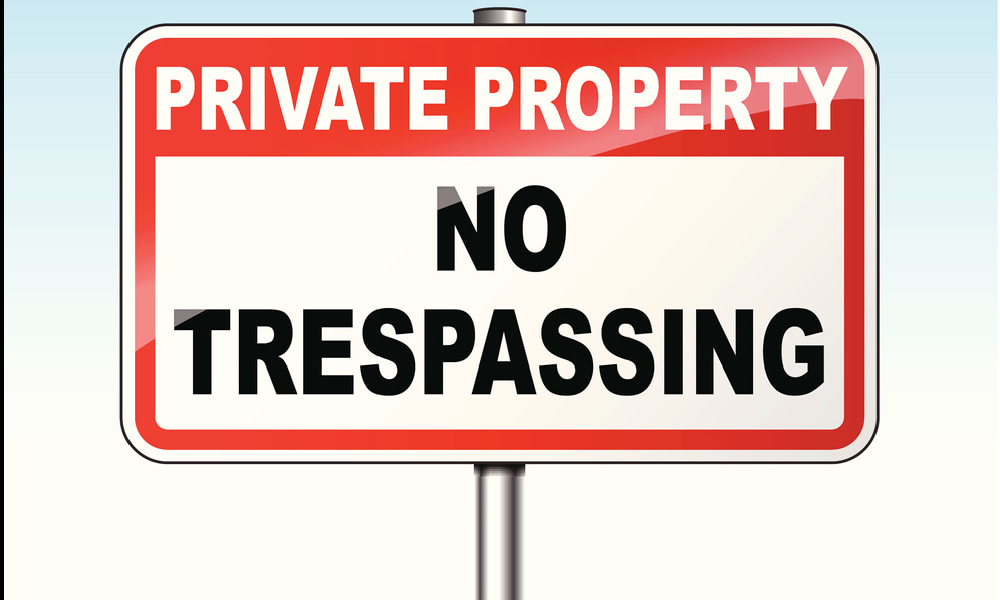Closed-circuit television cameras, or CCTV surveillance cameras, are increasingly becoming a widespread feature not just in public spaces, but in homes as well. Fears of terrorism and other acts of violence, plus the availability of affordable surveillance cameras on the market, have accelerated the trend even more.
It might be scary to know that the technology built to boost our sense of security can be used to devastate us. Theoretically, an IoT device is accessible by any tech-savvy person if there is no proper security. Cameras are not exempted. Hackers with malicious intent can take control of your surveillance camera and use your video footage for purposes that might be harmful.
It is, however, comforting to know that there are steps you can take to prevent your cameras from being hacked and deny hackers the opportunity to harass you. Want to find out how you can secure your surveillance cameras? Read on to find out.
Ways to Secure Your Surveillance Cameras
Whatever your reasons for installing surveillance cameras are, securing all of your cameras is paramount. Securing your camera can be as simple and as technical as you may imagine. The following are five tips on how to secure your surveillance camera:
1. Change the Default Password
Recently, 73000 unsecured cameras were linked to a site, 36% of which were outdoor and home cameras. All these cameras had a default username and password, meaning their owners never bothered to change it.
Whenever you make a camera purchase, change the defaults to complex credentials you can remember. The password should especially be a jumble of upper and lowercase letters, numbers, and special characters. This move keeps you off the radar of newbie and even intermediate hackers.
2. Use Two-Factor Authentication (2FA)
This system works by sending you a security code to your phone or email every time your account is accessed. If a login attempt goes through, the system requests the security code to proceed.
Using two-factor authentication (2FA) means that even if a hacker cracks your username/password combination, they can’t log in unless they have the security code from your phone. While still hackable, 2FA reduces your chances of being hacked significantly.
3. Update Camera Firmware
Simply put, the firmware is the internal software of your camera. Hackers actively scrutinize firmware for flaws. They then create malware to exploit those flaws. If a loophole is detected, security companies respond by releasing software updates.
As a user, you need to update your firmware and install new security features regularly. Some vendors have updates set to automatic. If this feature is unavailable to you, you may have to do a manual update by visiting your account. You may also consider upgrading your security system after careful consideration.
4. Keep Your Router Safe
Your router is a gateway to almost every device on the network, including your camera. What most people don’t know is that routers can also be taken over for criminal activities, such as attacks on the website. Therefore, you need to secure your router to ensure that all the devices on the network are impenetrable.
Securing a router can be as easy as changing the default password. Further, use WPA2 encryption or WPA3 for newer routers. In this case, encryption using WEP is not advised.
Finally, keep your router firmware updated. Router manufacturers usually roll out software updates often to address the vulnerabilities that keep arising. The process of updating a router varies by brand, but for most models, all you need is to log in to your router through a browser using the device’s IP address.
5. Buy From a Trusted Manufacturer
There are numerous sources of surveillance cameras. The rule of thumbs is: buy trusted brands. A trusted small manufacturer is as worthwhile as a big brand. Many surveillance cameras can cover your security needs.
When buying a camera, you should avoid second-hand devices at all costs. A low price may overshadow the risks, but you never know what modifications have been done on the camera. Regardless of where you buy, enquire about the manufacturer’s level of security guarantee.
Five Technical Surveillance Camera Security Tips

Depending on your technical know-how, you can take these steps yourself, or get professional help:
- Keep your camera network isolated from other networks.
- Use a monitoring tool to check traffic on your network. Sudden spikes may show you’ve been hacked.
- Install firewalls that interface your network and devices. A potential hacker must now crack your credentials and bypass the firewall, which decreases hacking chances.
- Assign static IPs to your cameras. You can take steps to further this action by assigning DNS servers to surveillance cameras and modifying the gateway to the IP address localhost resolves to.
- If necessary, use a VPN to specify the devices that can access your network.
Why You Should Secure Your Cameras From Hacking
Picture this: A hacker gains access to your home camera, watches you and your family, then uses the camera’s speaker to talk to you. This is what happened in Mississippi to an eight-year-old. A hacking victim describes the experience as ‘violating’. The discomfort of having a third eye watching you, in your place of privacy, is a cost to be avoided in every way. Some hackers don’t watch you but redirect your traffic to other servers, possibly implicating your IP address in a DoS attack. The cost of hacking is massive but avoidable.
Secure Your Camera Today
If you’ve not secured your camera just yet, there is no better time to do it than now. Mobile Video Guard comes is here to offer professional help.
At Mobile Video Guard, we provide you with secure surveillance cameras that keep hackers at bay. We recognize the importance of your privacy, and we have dedicated our efforts to provide you with products that give you exactly what you need.
To get an expert’s opinion on what security system will best fit your situation, call us at (844) 701-5012 today to request a quote. Your security and privacy are important, and we will be happy to hand them to you.




